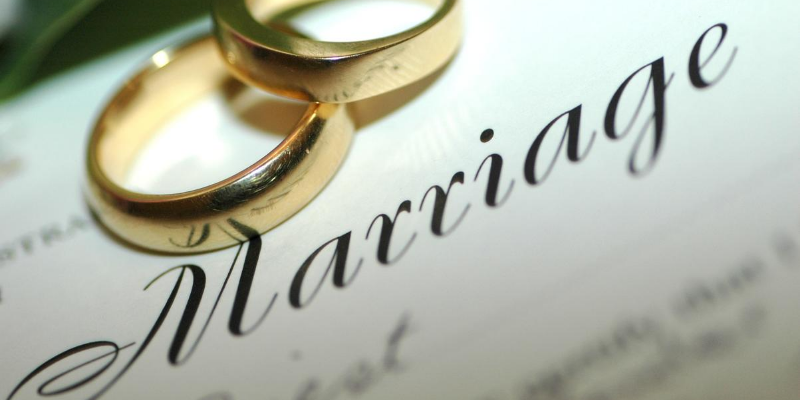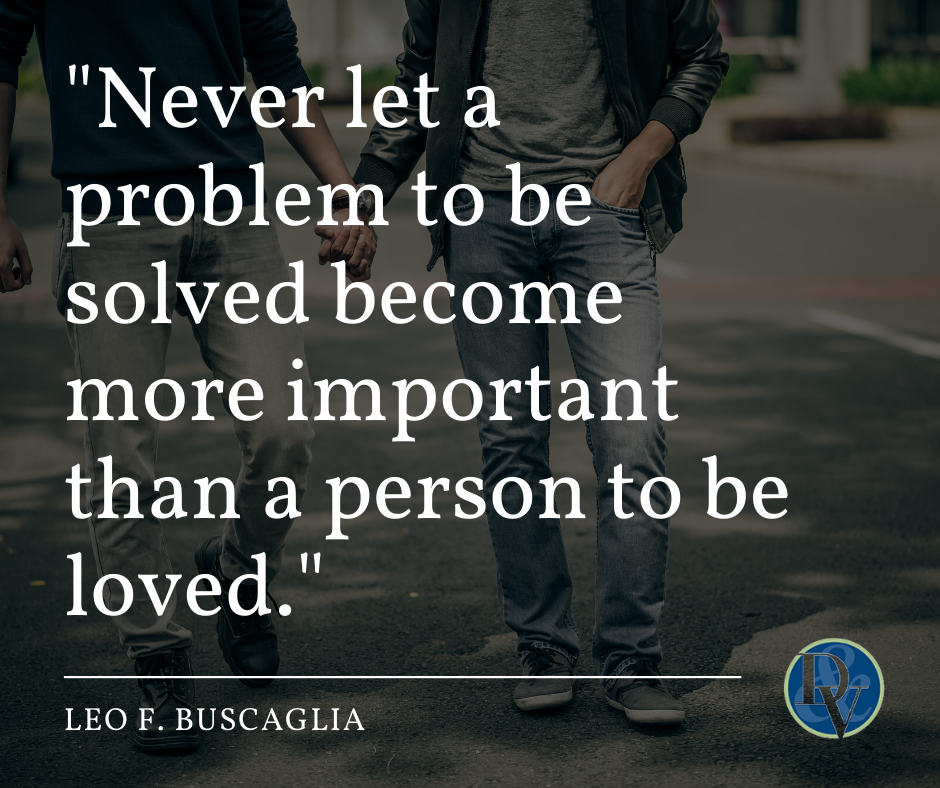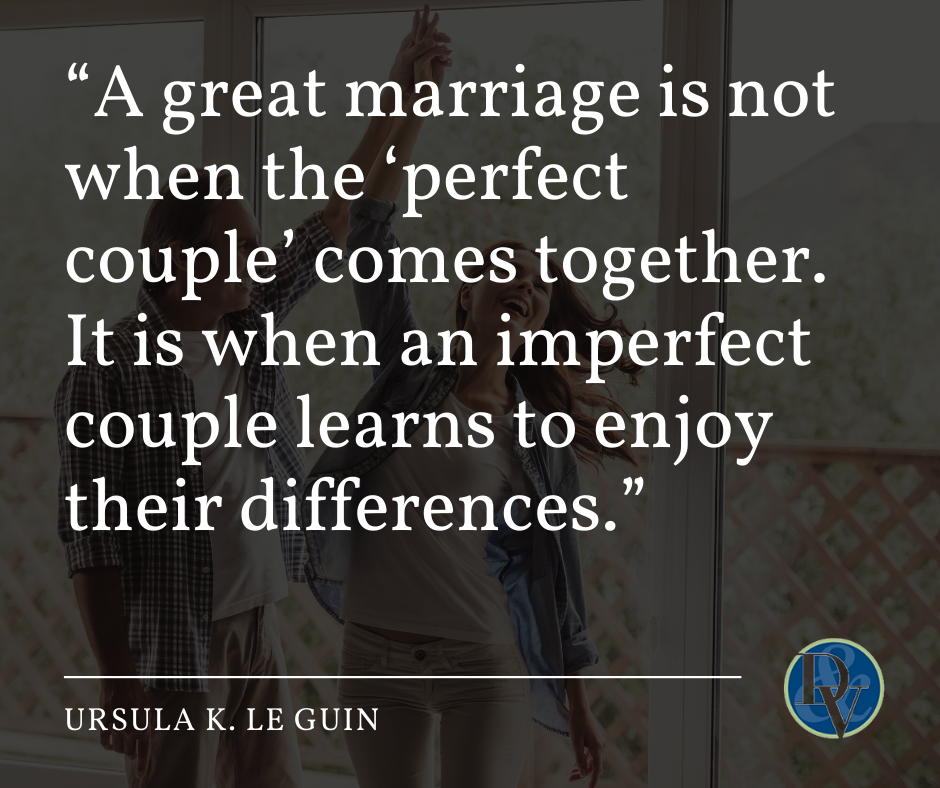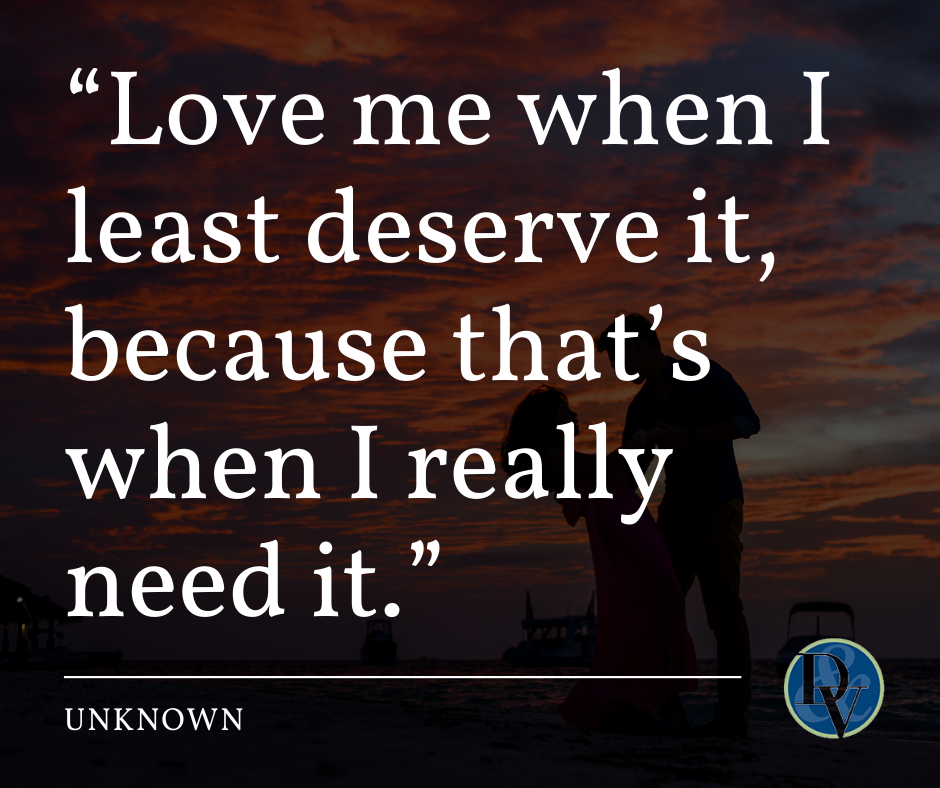Best Conflict Mediation Tips
Conflict is inevitable in any relationship, but it doesn’t have to grow out of control. Mediation is a healthy way to resolve conflicts, using a neutral third-party to help find a solution acceptable to all. Here are our best conflict mediation tips with our favorite quotes. There are
Perseverance
Perseverance is the most important factor in getting through conflict. These authors say it best.
“Great couples still get angry with each other, but they continue to discuss until there is a solution even if it takes several days.” -Bob Grant
“Problems should be like speed bumps. You slow down just to get over it, but you don’t let it stop you from heading to your destination. -Sonya Parker
“All relationships have problems. The strength of your relationship is defined by your ability to overcome them.” -Unknown
“Falling in love and having a relationship are two different things.” – Keanu Reeves
“If you’re having relationship problems, confess to God not Facebook.” – Unknown
In any serious relationship, if you don’t gather your partner’s opinion before making a decision that impacts you both, you’re just storing up trouble for the future.” – Cindy Woodsmall
“The extent to which two people in a relationship can bring up and resolve issues is a critical marker of the soundness of a relationship.” – Henry Cloud
“You don’t develop courage by being happy in your relationships every day. You develop it by surviving difficult times and challenging adversity.” — Epicurus
“Relationships, marriages are ruined where one person continues to learn, develop and grow and the other person stands still.” – Catherine Pulsifer
When you struggle with your partner, you are struggling with yourself. Every fault you see in them touches a denied weakness in yourself.” – Deepak Chopra
“People change and forget to tell each other.” – Lillian Hellman
“Sometimes, two people have to fall apart to realize how much they need to fall back together.”
“Are you really listening . . . or are you just waiting for your turn to talk?” — R. Montgomery
Positivity
“Shared joy is a double joy; shared sorrow is half sorrow.”
“The pessimist sees difficulty in every opportunity. The optimist sees opportunity in every difficulty.” — Winston Churchill
“Win/win is an attitude, not an outcome.” — Don Boyd
“At the end of the day, you can either focus on what’s tearing you apart or what’s keeping you together.” – Anonymous
“Explain your anger, don’t express it and you will immediately open the door to solutions instead of arguments.” – Unknown
“Assumptions are the termites of relationship.” – Henry Winkler
“Nothing is perfect. Life is messy. Relationships are complex. Outcomes are uncertain. People are irrational.” – Hugh Mackay
“There is no pain equal to that which two lovers can inflict on one another.” – Cyril Connolly
“Everything that irritates us about others can lead us to an understanding of ourselves.” -Carl Jung
“Conflict is inevitable, but combat is optional.” — Max Lucade
Forgiveness
“Hold no grudges and practice forgiveness. This is the key to having peace in all your relationships.” – Dr. Wayne Dyer
“There is no love without forgiveness, and there is no forgiveness without love.” – Bryant H. McGill
“To solve the problem you have to recognize your share of responsibility. If you only blame the other person, you will never solve it.” – Unknown
“We are told that people stay in love because of chemistry, or because they remain intrigued with each other, because of many kindnesses, because of luck. But part of it has got to be forgiveness and gratefulness.” – Ellen Goodman
“You can’t shake hands with a clenched fist.” — Indira Gandhi
“The more insecure you are about yourself or your relationship, the more jealous you are, because you are afraid to lose your significant other to someone else.” – Oliver Markus
“There is no challenge strong enough to destroy your marriage as long as you are both willing to stop fighting against each other, and start fighting for each other.” – Dave Willis
“When you’re at the edge of a cliff, sometimes progress is a step backwards.” — Anonymous

























